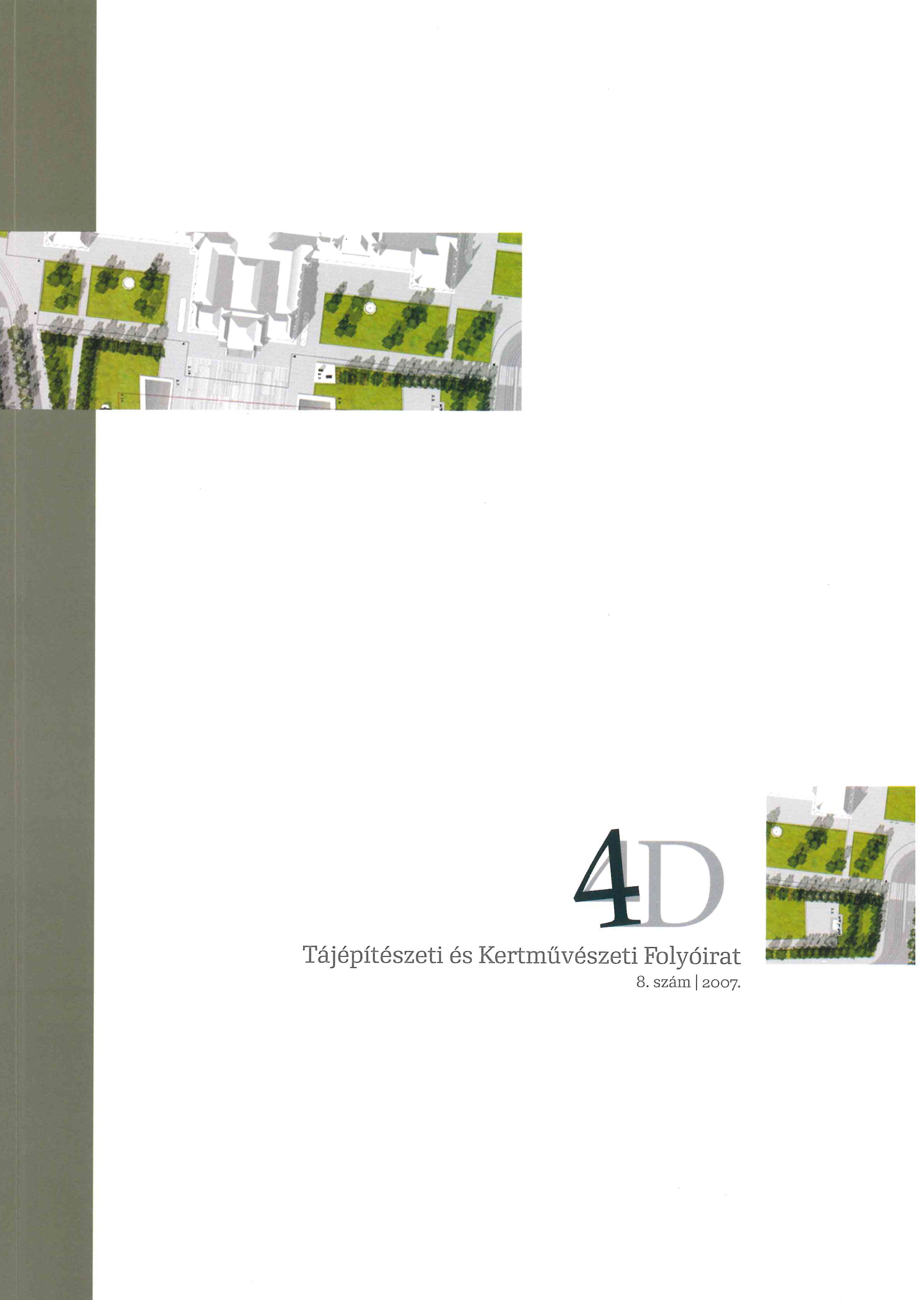Urban event
An Administrative and Public Issue Referring to Public Art Intentions
Keywords:
public arts, public arts intentionsAbstract
Today, the public "event" as a phenomenon has become a city-shaping element. Thinking about public spaces enjoys broad professional and non-professional interest: the public space, as an urban development driver, social phenomenon, or administrative issue; as a form of self-expression, ownership, and political problem; as a design question or even a fashion statement, prompts almost continuous engagement from the widest layers of society. The public space is something that never has a definitive and universally accepted definition, something that everyone can have their own opinion on, and something that is precisely what makes it a meeting place for academic fields and opinions, and an inexhaustible treasure trove.
References
Becker, Jochen (ed): Bignes, Kritik der unternehmerischen Stadt. B-Books, 2001.
Bittner, Regina (ed): Die Stadt als Event. Zur Konstruktion urbaner Erlebnisräume, Campus, 2001.
Eccles, Tom (ed): PLOP, Recent Projects of the Public Art Fund, Merrell Publishers Ltd. New York, London, 2004.
F. Haydn, R. Temmel: Temporäre Räume. Konzepte für Stadtnutzung. Birkhäuser, 2006.
Gaebe, Wolf: Urbane Räume. UTB, 2001.
Häußermann-Siebel (ed): Festivalisierung der Stadtpolitik, Stadtentwicklung durch große Projekte, VS Verlag für Sozialwissenschaften, 1993.
Oswalt, Philipp (ed.): Schrumpfende Städte. Hatje Canz Verlag, 2004.
Rossi, Aldo: A város építészete. B28-30, 1986
Sennett, Richard: A közéleti ember bukása. Helikon, 1998.
Urban Catalyst projekt (www.urbancatalyst.de)
Közterületek használata és megítélése Budapesten. Közvélemény-kutatási jelentés. Studio Metropolitana, 2004.
Downloads
Published
Issue
Section
License
Copyright (c) 2024 Varga Péter István

This work is licensed under a Creative Commons Attribution-NonCommercial-NoDerivatives 4.0 International License.
A folyóirat Open Access (Gold). Cikkeire a Creative Commons 4.0 standard licenc alábbi típusa vonatkozik: CC-BY-NC-ND-4.0. Ennek értelmében a mű szabadon másolható, terjeszthető, bemutatható és előadható, azonban nem használható fel kereskedelmi célokra (NC), továbbá nem módosítható és nem készíthető belőle átdolgozás, származékos mű (ND). A licenc alapján a szerző vagy a jogosult által meghatározott módon fel kell tüntetni a szerző nevét és a szerzői mű címét (BY).



